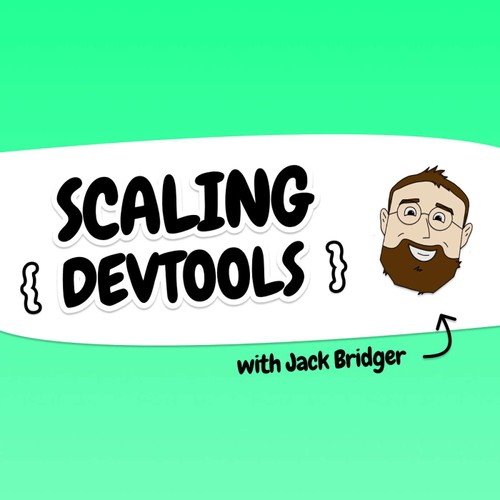
 Scaling DevTools
Scaling DevTools The story of Pydantic and Logfire | Samuel Colvin
21 snips
Nov 28, 2024 Samuel Colvin, the creator of Pydantic and founder of Logfire, shares insights from his remarkable journey in the tech world. He discusses how Pydantic revolutionized data validation with its type hints and benefitted from community support and the rise of AI tools. Colvin emphasizes the different metrics of success for open-source projects, highlighting usability over GitHub stars. He also dives into the challenges of launching Logfire, touching on the importance of transparency and strategic database choices in building observability tools.
AI Snips
Chapters
Transcript
Episode notes
Software Development Trends
- Software development has trended from strict typing to relaxed typing and back towards type safety.
- This cycle reflects the need for flexibility and then the realization that guardrails are essential for complex applications.
Pydantic's Origin
- Samuel Colvin created Pydantic to validate HTTP headers and synchronize validation with type hints.
- Existing data validation libraries didn't leverage type hints, prompting Pydantic's creation.
Measuring Open Source Success
- Samuel Colvin emphasizes downloads as a key success metric for open-source projects, surpassing GitHub stars.
- High download numbers indicate genuine usage and production readiness, unlike stars, which can be misleading.

